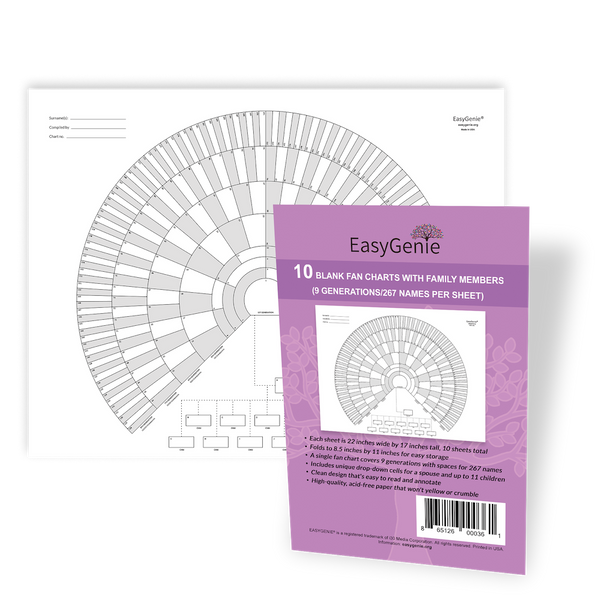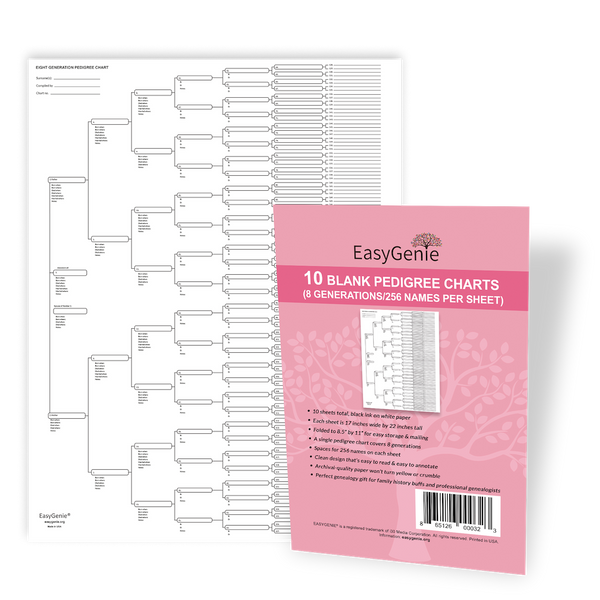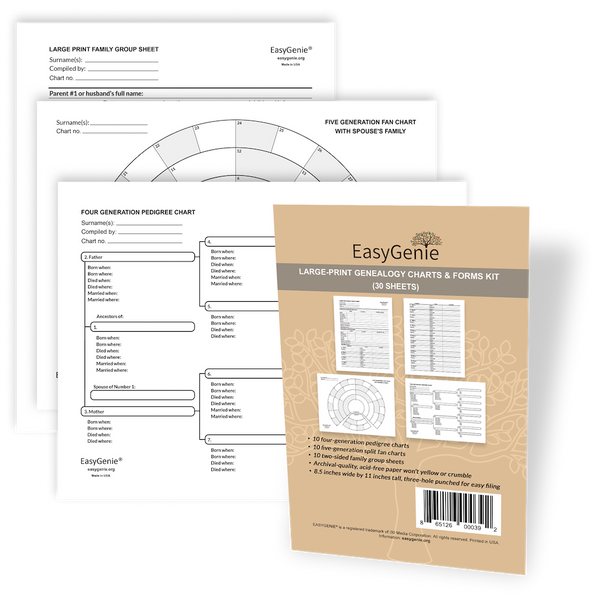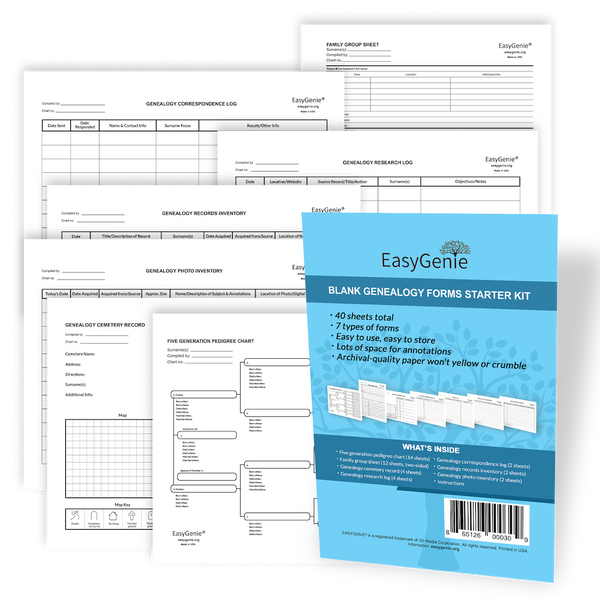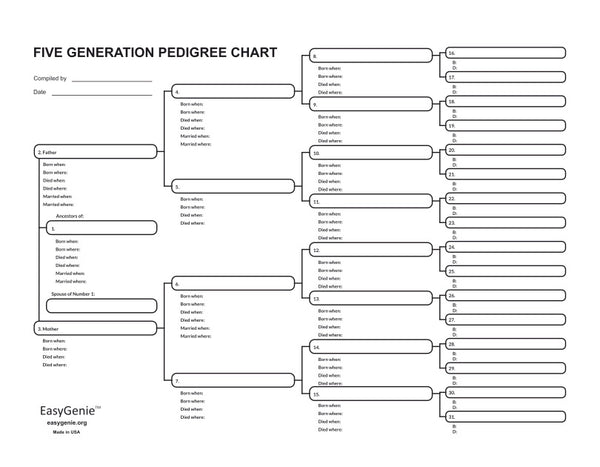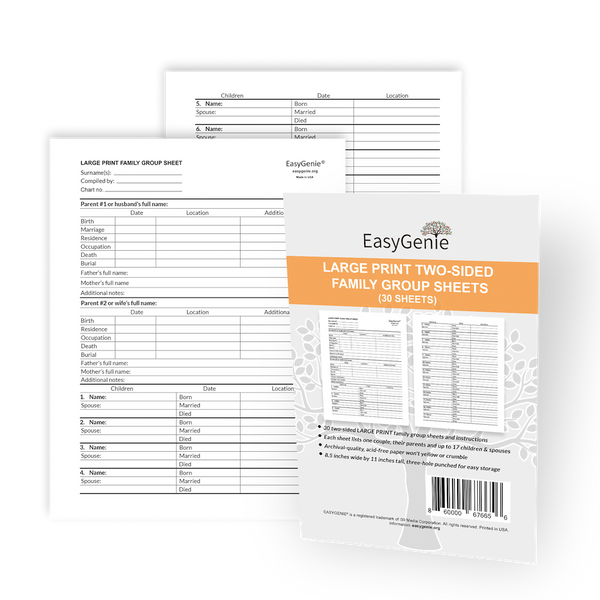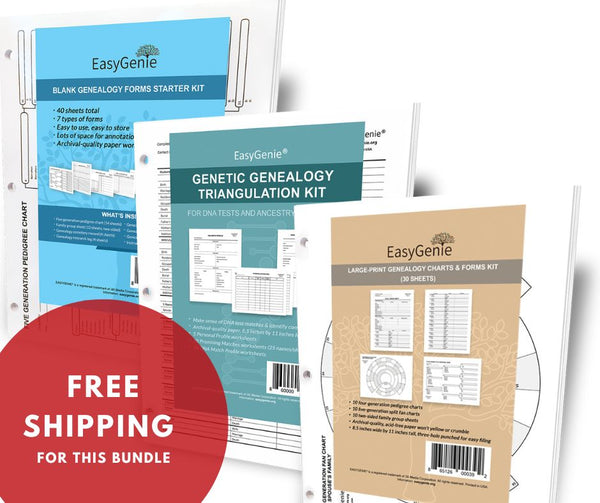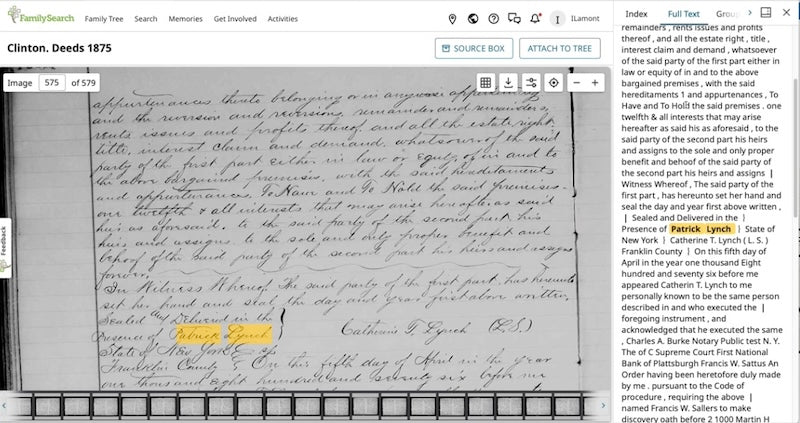
The amazing deeds and wills I found for free with Full-Text Search from FamilySearch
Ian LamontAt RootsTech 2024 in February, FamilySearch announced a new feature called Full-Text Search. The experimental technology (link) promises to unlock names, places, and other details in millions of old handwritten documents that were previously unindexed and difficult to read.
I’ve had a chance to give it a spin (see video at the bottom of the page), and have been amazed by the results. Even better: It’s totally free!
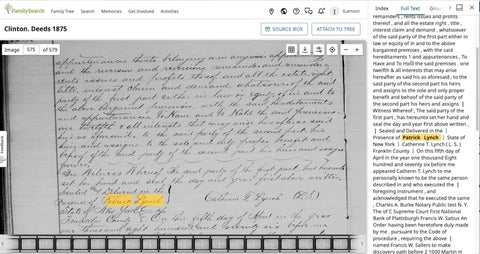
Take the document shown above, a land sale between an ancestral aunt and uncle. It’s buried in an obscure archive of 1875 land deeds from northern New York. The deed turned up because my great-great grandfather witnessed the transfer and appeared in the results for Full-Text Search, even though he was neither grantor nor grantee.
Why is this document important? It includes details that were previously unknown to me:
- Middle initials of the two parties.
- The fact that my 3G grandfather’s land holdings were divided into 12 shares for his heirs upon his death some 25 years earlier.
- The name of the person who originally sold the land to my 3G grandfather.
All of these tidbits are new clues for future research.
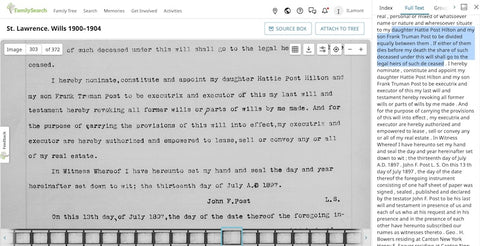
Wills turned up in Full-Text Search as well. Wills are treasure troves for genealogists, as they often list living relatives including the children of former spouses and in-laws, as well as details relating to property holdings at the time of death.
One will was buried in a jumble of old county legal records. It would have taken many hours of manually browsing images in the archive to find it otherwise.
A very important feature of Full-Text Search is the quality of the transcriptions. In the past I’ve talked about the difficulty deciphering old handwritten census forms and legal documents. FamilySearch’s new tool has very high quality transcriptions which makes old documents much easier to read.

FamilySearch still labels Full-Text Search as an experiment on its labs page, so there are some rough edges, particularly for fine-tuning search results. It’s currently limited to American wills and deeds and Mexican notary records, but FamilySearch says it will be extended to new archives soon.
Try it out by visiting FamilySearch labs (you will need to be logged in) and let me know what treasures you find! As with all FamilySearch-hosted features and archives, access is totally free.
